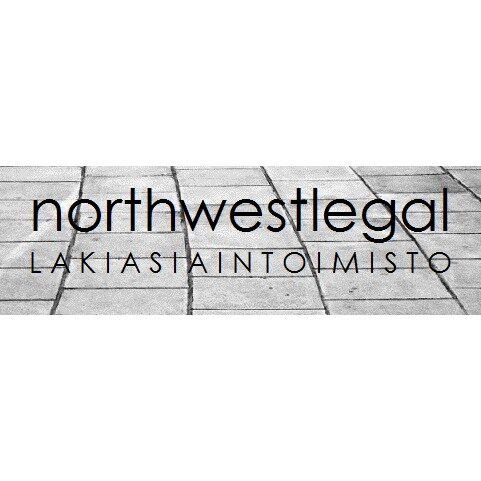Best Child Visitation Lawyers in Espoo
Share your needs with us, get contacted by law firms.
Free. Takes 2 min.
Free Guide to Hiring a Family Lawyer
List of the best lawyers in Espoo, Finland
About Child Visitation Law in Espoo, Finland
In Espoo, Finland, child visitation rights regulations are drafted with the best interests of the child at heart. All parents, regardless of their marital status or living arrangements, are guaranteed rights to spend time with their children. These laws, primarily found in the Finnish Child Custody and Right of Access Act, guide visitation arrangements after parents' separation or divorce. The key determining factor in such arrangements is always upholding the children's welfare and sufficiently protecting their rights.
Why You May Need a Lawyer
Several situations may necessitate hiring a lawyer in handling child visitation cases. Firstly, most parents may find it challenging to navigate and understand the nuances of the Finnish legal system. A lawyer can offer important guidance and advice in these situations. Secondly, if there is a risk of domestic violence or child endangerment, a lawyer can ensure your child’s safety is prioritized. Lastly, when mutual agreement between parents isn't achievable, a lawyer can present your case in court and advocate for your interests.
Local Laws Overview
The Child Custody and Right of Access Act in Finland outlines local laws regarding child visitation. The law emphasizes the child's best interest and fosters symbiotic relationships between the child and both parents. The law provides for situations where the parents are divorced, separated, or have never been married. Key aspects include the parents' mutual responsibility for the child, child visitation agreement which can be voluntary or court-enforced, and the child's right to maintain contact with both parents unless it poses a risk to the child's safety or wellbeing.
Frequently Asked Questions
1. Can a parent deny the other parent visitation rights?
No, a parent cannot refuse another parent visitation rights unless it's deemed that the visiting parent poses a risk to the child’s safety or wellbeing. A court must approve this decision.
2. Can visitation rights be modified?
Yes, visitation rights can be modified if it’s in the child’s best interest. Either parent can request a modification, but a court must approve changes.
3. How is 'child’s best interest' determined?
The ‘child's best interest' is a legal concept encompassing various factors like the child's age, physical and emotional health, parental capacity, school and community impact, and the child's wishes, where possible.
4. What happens if the visitation rights are violated?
Violations of visitation rights can lead to legal penalties, including fines, changes in custody arrangements or time loss in visitation rights. Severe or frequent violations could even result in jail time.
5. Do grandparents have visitation rights?
Grandparents do not have automatic visitation rights. However, they can apply for access rights if they can prove that such contact would be in the child’s best interest and would not interfere with parent-child relationships.
Additional Resources
The Finnish Ministry of Social Affairs and Health provides comprehensive resources concerning child custody and access rights. Similarly, the Office of the Ombudsman for Children in Finland offers guidelines and advice. Legal Aid Service Offices, esp. in Espoo, may offer free or inexpensive legal advice. The Save the Children Finland organization provides support services to children and families, including pertinent legal issues.
Next Steps
If you need legal assistance with child visitation rights in Espoo, Finland, your first step should be to consult with a legal professional specializing in family law. They can help you understand your rights, the process and potentially represent you in legal proceedings. Furthermore, don't hesitate to reach out to local support services and organizations that provide advice and assistance in such situations.
Lawzana helps you find the best lawyers and law firms in Espoo through a curated and pre-screened list of qualified legal professionals. Our platform offers rankings and detailed profiles of attorneys and law firms, allowing you to compare based on practice areas, including Child Visitation, experience, and client feedback.
Each profile includes a description of the firm's areas of practice, client reviews, team members and partners, year of establishment, spoken languages, office locations, contact information, social media presence, and any published articles or resources. Most firms on our platform speak English and are experienced in both local and international legal matters.
Get a quote from top-rated law firms in Espoo, Finland — quickly, securely, and without unnecessary hassle.
Disclaimer:
The information provided on this page is for general informational purposes only and does not constitute legal advice. While we strive to ensure the accuracy and relevance of the content, legal information may change over time, and interpretations of the law can vary. You should always consult with a qualified legal professional for advice specific to your situation.
We disclaim all liability for actions taken or not taken based on the content of this page. If you believe any information is incorrect or outdated, please contact us, and we will review and update it where appropriate.













